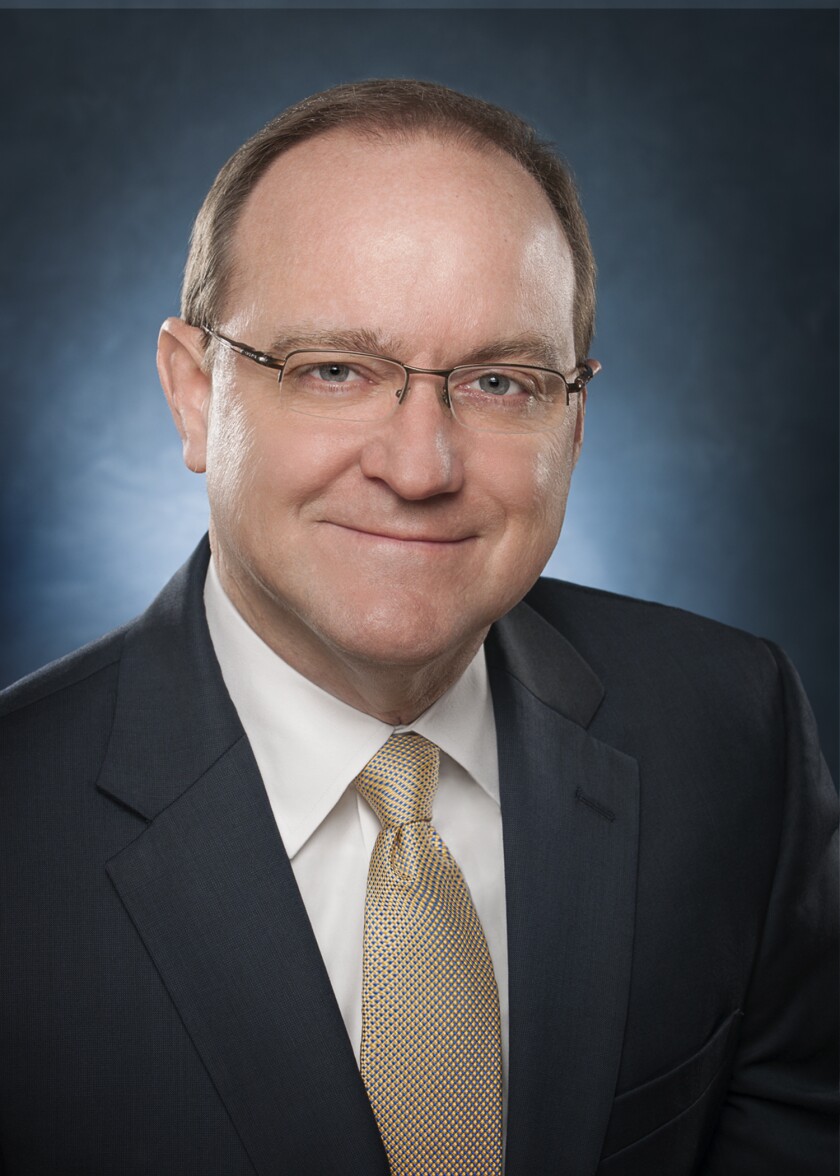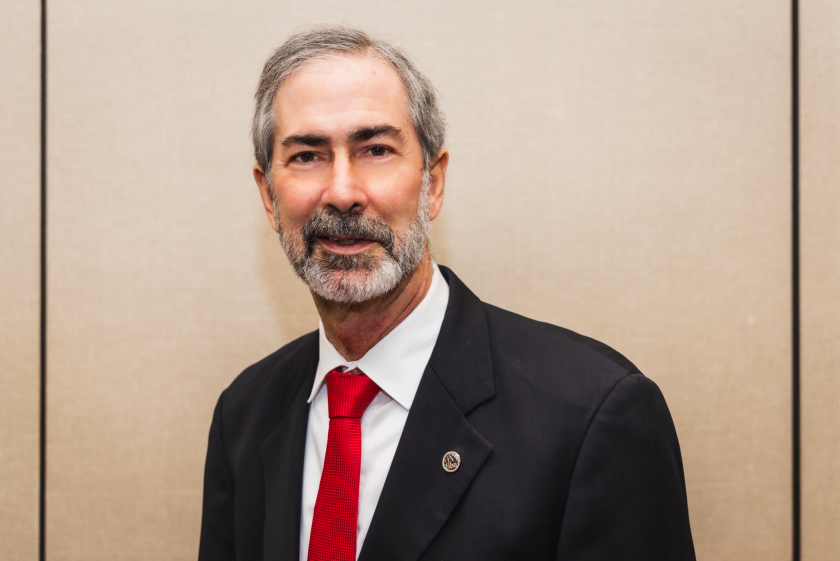Small business owners who got Paycheck Protection Program loans could qualify for big write-offs from their rescue money, amounting to what Treasury Secretary Steven Mnuchin has called a tax-break “double dip.”
The COVID-19 relief package set for a vote in Congress would clarify that business owners can deduct expenses paid for with PPP loans, which can be forgiven by the government without incurring a tax. The deduction benefit could generate more than $100 billion in tax savings for business owners, according to Brookings Institution estimates.
Koonce is the Chief Claims Officer, for Sedgwick. In this role, Koonce is responsible for product development and innovation, industry analysis and thought leadership, best practices and compliance standards, legislative and regulatory relationships, and continued involvement in client programs for Sedgwick's lines of business.
Prior to his current role, Koonce was the Managing Director responsible for Sedgwick's casualty retail business unit in which he oversaw program results and service execution across the company's retail customer base. This included use of innovation and technology to improve client outcomes and customer experience.
Prior to joining Sedgwick, Koonce was senior director of risk management for Walmart Stores, Inc., the nation's largest private sector employer. In this role, he managed the retailer's domestic property and casualty claims program. He simultaneously served as president of Claims Management, Inc., Walmart's wholly owned third party administrator.
David Schwartz is the president and CEO of the Financial International Business
Association, or FIBA, where he promotes growth and advancement in international
banking and finance through education, advocacy and networking. With extensive
experience in international banking and compliance, David has held leadership roles at
institutions like Regions Financial Corporation and Banque Sudameris. Fluent in
multiple languages, he holds a Juris Doctorate from New York Law School and a black
belt in Shuri-Ryu Karate. He also serves on various community boards and actively
contributes to educational and health organizations in South Florida.
Matt Gilbert is VP, employer brand strategy at Appcast, the leading recruitment marketing platform powered by programmatic. With nearly 20 years of industry experience in employer brand, EVP and recruitment marketing. Matt is a recognized thought leader, industry speaker, and innovator, having developed and activated over 350 employer brand programs since entering the field. He and his teams have earned numerous industry awards in employer branding and other B2C areas. Matt is a sought-after employer brand expert and has worked with numerous notable organizations in employer brand such as Expedia Group, Disney Cruise Line, PepsiCo, Nike, Tyson Foods, Carmax, Pfizer, Aramco, Lockheed Martin, HCA, Conagra, Gallo Winery, Hanes Brands, American Red Cross, the ASPCA, Condé Nast, Amtrak, JPMorganChase, PayPal and more.
The legislation would override Mnuchin and the IRS, who have blocked businesses from writing off rent, utilities and other business expenses paid for with tax-free money. The agency says the Tax Code prohibits that sort of doubling up of tax benefits.

Lawmakers from both parties, including the top-ranking Democrats and Republicans on both the House and Senate tax committees, said they intended for business owners to qualify for those write-offs when they created PPP loans. The IRS said the law didn’t specify that. Congress could pass the new legislation as soon as Monday.
The provision amounts to a huge win for small business owners, with some firms potentially ending up with a negative tax rate on their PPP money — meaning the tax benefits outweigh the amount of the loan. For business owners paying the top tax rate, it generally means they can save as much as $37 on their taxes for every $100 of tax-free PPP money they received.
Second round
The $2.3 trillion bill providing COVID-19 relief and government funding for the fiscal year into 2021 includes $284 billion in additional funding for PPP loans, which were designed to limit a wave of small-business failures that could cripple the economy. The plan lets some businesses apply for a second round of funding if they can show losses during the pandemic. Deductions are allowed on second-round loans as well.
Kevin Kuhlman, vice president of federal government relations at the National Federation of Independent Businesses, said the move by Congress to make the break explicit will help PPP recipients cope with “significant cash flow problems” when tax filings are due in April.
Many small business owners may by then be scrambling to establish reopening plans as the COVID-19 vaccine distribution expands. Trying to determine what can and cannot be deducted from income with regard to PPP loans is “the last thing they need,” Kuhlman said.
Steve Rosenthal, a senior fellow at the Urban-Brookings Tax Policy Center, said that the IRS made the right policy decision, and that Congress is off base. It makes “no sense” to allow a deduction for a reimbursed expense, because the business ends up in a better position tax-wise than if it had never incurred the cost, he said.
‘Huge giveaway’
Allowing the deduction is a “huge giveaway to the richest Americans and there is no one pushing back on this — it’s really quite absurd,” he said. He calculated about $120 billion in extra tax write-offs.
That amount isn’t reflected in the COVID-19 relief and U.S. government funding legislation currently under consideration. That’s because, for budget counting purposes, it’s considered to be a fix to old legislation, rather than the establishment of a new tax break.
Rosenthal said there are some sympathetic cases of small businesses, but the best way to help them is through more direct aid, rather than an “artificial incentive through an extra deduction.”
Tax consultants said the move will help clients stay in business.
Brian Newman, a partner and practice leader of CohnReznick’s Federal Tax Services, said those include a restaurant-equipment manufacturer. Without PPP money, many “may have either been shut down for a period of time, or shut down completely,” he said.
For small farmers in Iowa that Kent Vickre, state coordinator for the Iowa Farm Business Association works with, the provision will help lower their tax liability.
“Every dollar helps. I think people with adjusted cash flow, this would be a wonderful, wonderful gift,” Vickre said.



